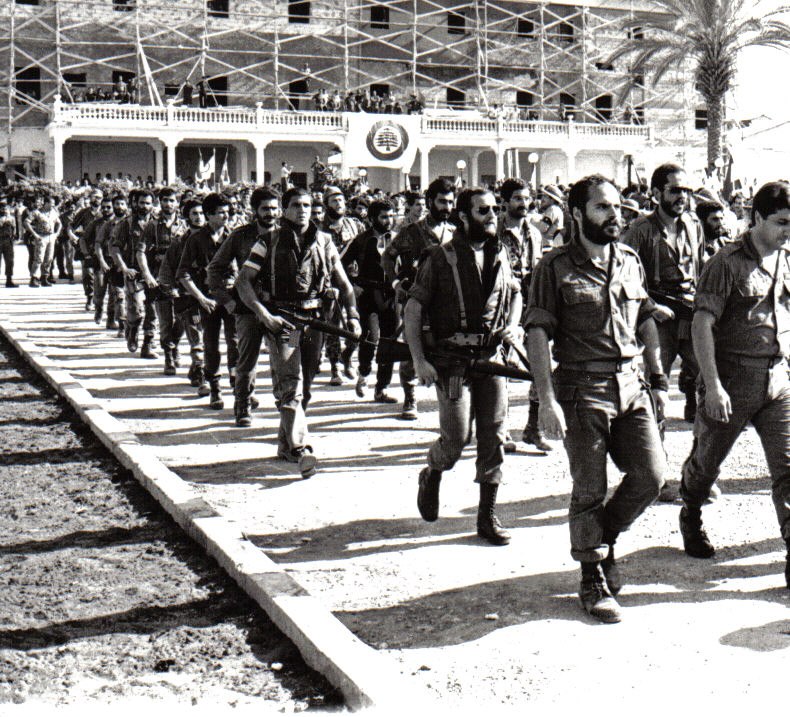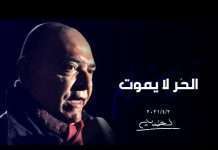Home رسائل رأي عام/Public Opinion Letters Dr. Walid Phares/Kobani: They resisted and won…no Taef, no Doha
- Index / فهرس
- نشرات أخبار المنسقية العربية اليومية
- إيمانيات وأضطهاد /Faith & Persecution
- تعليقات ومقالات مميزة
- تعليقات الياس بجاني بالصوت/مقابلات مميزة
- Distinguishable English Reports
- تقارير وأراء خاصة ومقابلات
- مقالات سياسية وإيمانية عربية وانكليزية للياس بجاني
- Special Opinionsأراء خاصة
- زوادة اليوم الإيمانية/Biblical Daily Quotations
- مناسبات خاصة وتعليقات وتحليلات متفرقة/Miscellaneous Events, Analysis & Editorials
- Elias Bejjani’s English Articles
- General English Articles, Commentaries & Reports
- LCCC English Daily Detailed News Bulletins
- Featured
- أرض، تاريخ لبناني ومسيحي وعجائب/Land,Lebanese- Christian History & Miracles
- رسائل رأي عام/Public Opinion Letters
- بيانات ومواقف متفرقة عربية وانكليزية للياس بجاني/Elias Bejjani’s Releases & Statements
- دراسات ووثائق/Studies & Documents
- تعليقات الياس بجاني بالصوت/مقابلات مميزة
- مقالات سياسية وإيمانية عربية وانكليزية للياس بجاني
- نشرات أخبار المنسقية العربية اليومية
- Elias Bejjani’s English Articles
- Charbel Barakat’s Page/صفحة الكولونيل شربل بركات
- Youssef El Khoury Page/صفحة المخرج يوسف ي. الخوري
- Checkout
- My account
- Login/Register


















